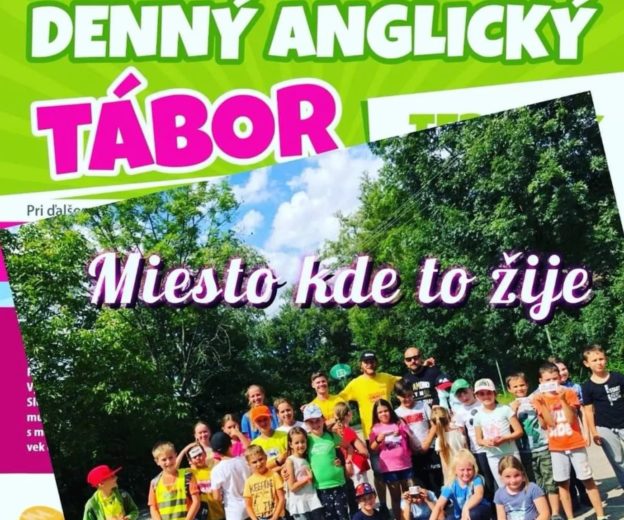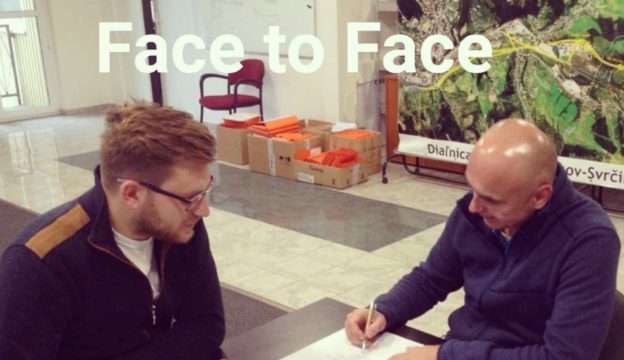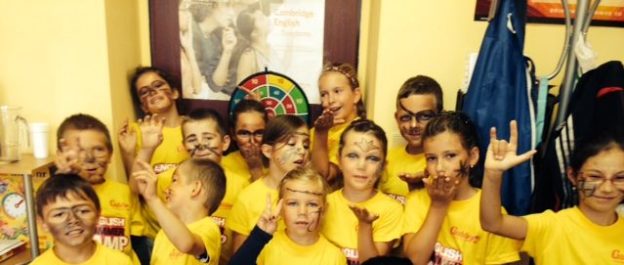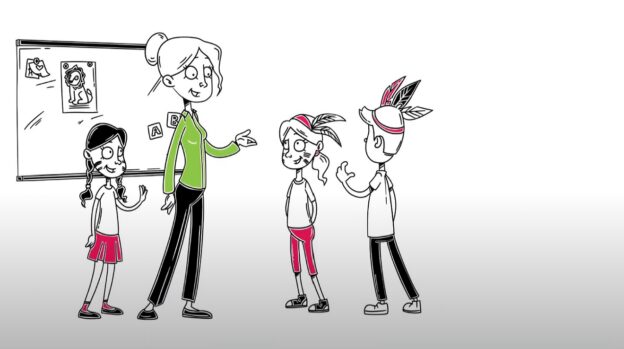Learning a foreign language is a skill that opens doors to new worlds. It can help us understand cultures, traditions, and ideas that we otherwise might not be able to grasp. But how many foreign languages can a person truly learn? And who are those exceptional individuals who have managed to master a dozen or more languages?
Historical Polyglots
Let’s start with a few examples from history. One of the most famous polyglots was Cardinal Giuseppe Mezzofanti. Born in 1774 in Bologna, Mezzofanti reportedly spoke more than 30 languages. He came from a poor family, but his abilities were so exceptional that the church allowed him to study at university.
Rarely do we encounter talent like that of Emil Krebs, a German diplomat from the early 20th century, who mastered an astonishing 68 languages. Krebs was fascinated by languages from an early age, and his polyglot skills became his life’s passion. He once said that for him, foreign languages are not foreign but are his friends.
Sir Richard Francis Burton was an English adventurer, writer, and translator from the 19th century, who spoke around 40 languages and dialects. He was known for his translations of “One Thousand and One Nights” and the Kama Sutra into English.
Another historical polyglot is Johann Wolfgang von Goethe, a German poet and philosopher from the 18th century, who is most famous for his literature. Goethe aimed to learn at least one language every year and is believed to have been able to communicate in 12 different languages.
Jean-François Champollion, a French linguist who deciphered Egyptian hieroglyphs, reportedly mastered around 13 languages. This exceptional polyglot used his language skills to explore the history of Ancient Egypt.
Contemporary Polyglots
Even in today’s age, we have polyglots who command a multitude of languages. For instance, Ziad Fazah, originally from Lebanon, claims to speak up to 59 languages. He was born in 1954 and his talent was discovered when he was only seven years old. Since then, he has devoted himself to studying and teaching languages.
We can’t forget about Alexander Arguelles, an American who became famous for mastering 50 languages. Arguelles is a college professor, and his language teaching method is admired worldwide.
Timothy Doner, an American polyglot, became an internet sensation thanks to his ability to speak in 20 languages. He started with Spanish in high school and then delved into Arabic, Hebrew, Persian, and others.
Another contemporary polyglot is Ioannis Ikonomou, the chief translator of the European Commission, who speaks more than 32 languages. Originally from Greece, Ikonomou learns a new language every summer and uses them in his work translating important documents for the European Union.
Language activist Susanna Zaraysky claims that she speaks 9 languages, including English, Russian, Spanish, Portuguese, French, Italian, Serbian, Esperanto, and Hungarian. Zaraysky is known for promoting language learning through music and media.
Each of these individuals demonstrates that the possibilities for learning languages are nearly limitless if there is motivation and an interest in culture and communication.
What’s the Limit?
According to research, approximately 600 to 750 hours of instruction are needed to reach an advanced level in a foreign language. With these numbers, we could theoretically calculate how many languages it is possible to learn in a lifetime. However, learning a language is not just about the hours spent studying. It’s also about the context in which we use the language, our motivation, and our cognitive abilities.
In addition, even if someone learns a large number of languages, maintaining them at a good level can be a challenge. Languages that are not often used can “rust,” and regular practice is needed to keep them up.
So how many foreign languages can a person learn? The answer to this question is actually very individual. Some people can learn and maintain a large number of languages, while others might focus on just a few. But one thing is certain: learning a foreign language is a journey that can bring many enriching experiences.










